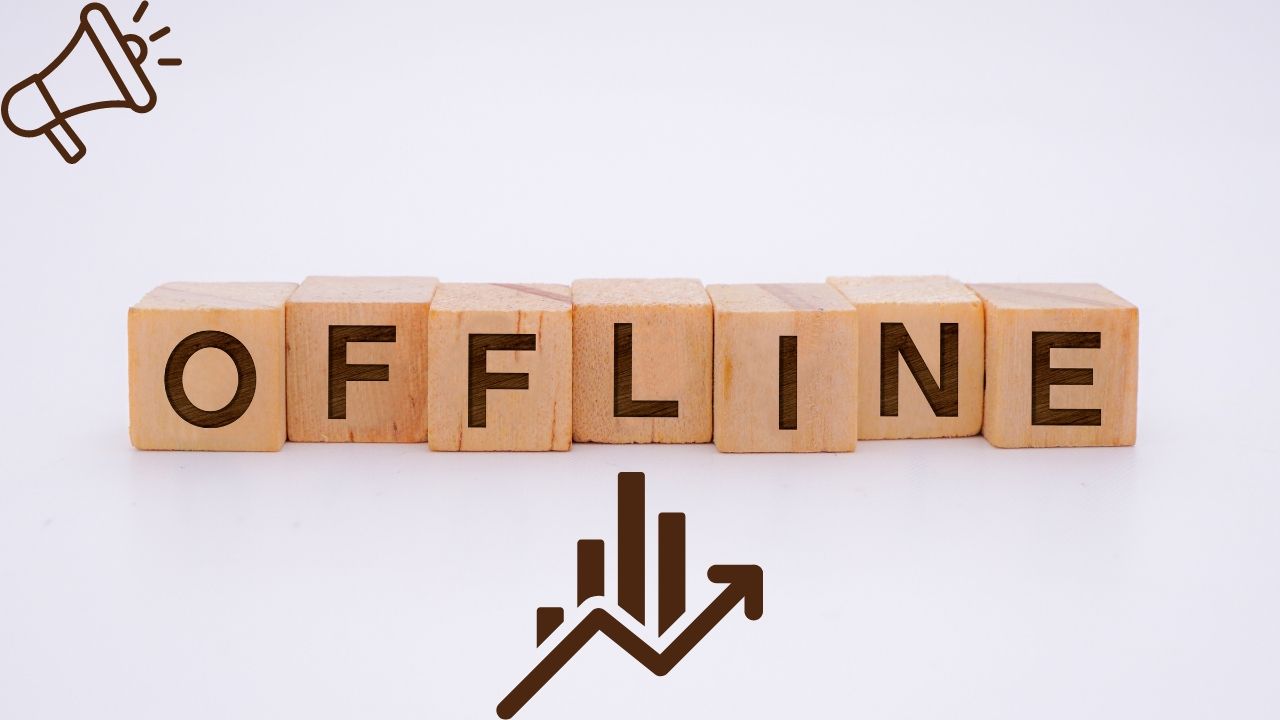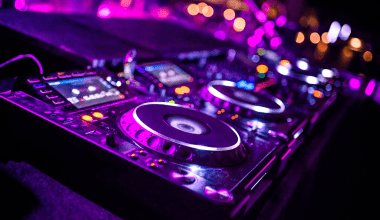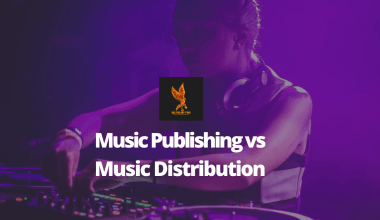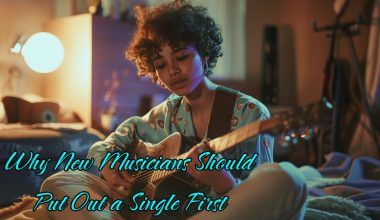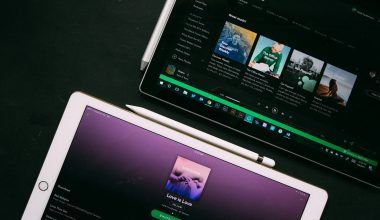In the digital age, where online platforms dominate, the art of offline music marketing often gets overlooked. However, it remains a crucial aspect of building a sustainable music career, especially for independent artists. By integrating offline music marketing with your online efforts, you can create a more rounded strategy to reach your audience.
In this blog, we will explore several offline music marketing strategies that can help you connect with listeners, grow your fan base, and boost your music career.
1. The Power of Live Performances
One of the most effective forms of offline music marketing is live performances. Performing live gives you the opportunity to connect with your audience on a personal level. It allows listeners to experience your music in a way that streaming platforms cannot replicate.
Tips for Successful Live Performances:
- Choose the Right Venues: Start with local venues where you can draw a crowd. Whether it’s a small café, a bar, or a local festival, performing live will help you gain exposure.
- Engage with Your Audience: Interaction is key during live performances. Engage with your audience before, during, and after your performance.
- Sell Merchandise: Offering merchandise like CDs, t-shirts, or posters at your gigs can be a great way to earn extra income and promote your brand.
Live performances not only build your fan base but also create buzz, leading to word-of-mouth promotion, a cornerstone of offline music marketing.
2. Leveraging Local Media
Local media outlets, such as newspapers, radio stations, and community magazines, are powerful tools for offline music marketing. Getting featured in these platforms can significantly increase your visibility within your community.
How to Get Featured in Local Media:
- Press Releases: Send out press releases about your upcoming shows, new releases, or any other newsworthy events.
- Build Relationships: Establish and maintain relationships with local journalists and radio hosts.
- Radio Interviews and Airplay: Approach local radio stations for interviews or to have your songs played. Local radio is still a relevant medium for reaching audiences who may not be active online.
By getting featured in local media, you not only reach potential new fans but also establish credibility as a serious artist in your community.
3. Networking in Your Community
Building relationships within your local community is a vital aspect of offline music marketing. Networking can lead to new opportunities, such as collaborations, gigs, and support from local businesses.
Effective Networking Strategies:
- Attend Local Events: Be present at local music events, whether you’re performing or not. This helps you stay connected with other musicians and industry professionals.
- Collaborate with Local Artists: Working with other local artists can introduce you to their fan base and vice versa.
- Support Local Businesses: Partner with local businesses to cross-promote each other. For instance, you could have your music played in local cafés or shops.
Community support is invaluable for an independent artist, and networking is a crucial part of offline music marketing that helps you build that support.
4. Guerrilla Marketing
Guerrilla marketing involves unconventional, creative strategies to promote your music. It’s all about grabbing attention in unexpected ways and is a powerful tool in offline music marketing.
Examples of Guerrilla Marketing:
- Posters and Flyers: Design eye-catching posters and flyers for your upcoming events or new releases. Distribute them in high-traffic areas like cafes, record stores, and campuses.
- Flash Mobs: Organize a flash mob in a public space to perform one of your songs. This not only attracts attention but can also go viral if captured and shared online.
- Street Performances: Busking or performing in public places is a great way to introduce your music to new listeners.
These creative tactics are cost-effective and can make a big impact, helping you stand out in the crowded music industry.
5. Direct Mail and Flyers
In a world dominated by digital communication, tangible marketing materials like direct mail and flyers can leave a lasting impression. This old-school offline music marketing strategy is particularly effective for promoting local events.
How to Use Direct Mail Effectively:
- Mailing Lists: Build a mailing list from your existing fan base and use it to send out postcards, newsletters, or flyers about your upcoming shows and releases.
- Targeted Distribution: Distribute flyers in strategic locations where your potential fans are likely to be, such as music stores, cafes, and concert venues.
- Quality Design: Ensure your flyers and postcards are professionally designed to reflect the quality of your music.
Direct mail and flyers allow you to reach people in your community who may not be active online, expanding your reach through offline music marketing.
6. Building a Strong Offline Brand
Your brand is how people perceive you as an artist. While online branding is important, offline music marketing helps reinforce and expand your brand in the physical world.
Steps to Build a Strong Offline Brand:
- Consistent Visuals: Use consistent visuals across all your marketing materials, from posters and flyers to merchandise and stage setups.
- Personal Interactions: How you interact with fans in person can greatly influence your brand. Be approachable, friendly, and professional.
- Merchandise: Branded merchandise is a tangible extension of your brand. Whether it’s a t-shirt, a hat, or a vinyl record, it keeps your brand in front of fans even when they’re not listening to your music.
A strong offline brand helps fans feel connected to you, making them more likely to support your music both offline and online.
7. Hosting Listening Parties
A listening party is an intimate way to share your new music with fans, friends, and media. It’s a great offline music marketing strategy to generate excitement and gather feedback before an official release.
Organizing a Listening Party:
- Choose a Venue: Select a venue that suits the vibe of your music, such as a cozy café, an art gallery, or even a private home.
- Invite Key People: Invite fans, local media, and influencers to create buzz around your new release.
- Interactive Elements: Include interactive elements like a Q&A session, live acoustic performances, or a behind-the-scenes look at the making of your album.
Listening parties create a personal connection with your audience and are an excellent way to promote your music through offline music marketing.
8. In-Store Performances
Performing in-store at local record shops or other retail locations can be a powerful offline music marketing tool. It allows you to reach new audiences who might not discover your music otherwise.
Tips for In-Store Performances:
- Partner with Local Stores: Approach local record stores or cafes to host an in-store performance. These locations often attract people who are likely to be interested in discovering new music.
- Promote the Event: Use flyers, social media, and word of mouth to promote your in-store performance.
- Offer Exclusive Merchandise: Create limited edition merchandise available only at the in-store performance to entice fans to attend.
In-store performances are intimate and engaging, offering a unique way to connect with potential fans and promote your music.
9. Collaborating with Local Businesses
Forming partnerships with local businesses can greatly enhance your offline music marketing efforts. Local businesses can help promote your music to their customers, expanding your reach.
Ideas for Collaboration:
- Music in Stores: Offer your music to be played in local cafes, restaurants, and retail stores.
- Co-Branded Events: Partner with a local business to host a co-branded event, like a charity concert or an art exhibit with live music.
- Cross-Promotions: Work with local businesses to create cross-promotions, such as discounts on their products with the purchase of your music or tickets to your show.
Collaborating with local businesses not only supports your community but also introduces your music to new audiences through offline music marketing.
10. The Importance of Word-of-Mouth
Never underestimate the power of word-of-mouth marketing. People are more likely to check out new music if it’s recommended by someone they know and trust. Word-of-mouth is an organic form of offline music marketing that can be incredibly effective.
Encouraging Word-of-Mouth:
- Deliver Memorable Experiences: Whether it’s through live performances or personal interactions, make sure your audience has a memorable experience that they’ll want to talk about.
- Incentivize Sharing: Offer incentives like free downloads, merchandise, or discounts for fans who refer others to your music or bring friends to your shows.
- Be Authentic: Authenticity is key to building trust and encouraging word-of-mouth. Be genuine in your interactions and in how you present your music.
When people start talking about your music, it can lead to a snowball effect, helping you build a loyal fan base through offline music marketing.
In conclusion, while the digital landscape is crucial for an artist’s success today, offline music marketing should not be neglected. By combining live performances, local media, community networking, guerrilla marketing, direct mail, and other offline strategies, you can create a powerful marketing mix that enhances your visibility and helps you connect with your audience on a deeper level.
Remember, offline music marketing is all about personal connections and creating memorable experiences. As you implement these strategies, you’ll see how they complement your online efforts, helping you build a stronger, more engaged fan base.
For further reading, explore these related articles:
- Sample Clearance Agreements: Ensuring Legal Use of Samples in Music
- Top 10 Music Artists You Must Follow in 2024
- Understanding Apple Music Royalties for Independent Artists
For additional resources on music marketing and distribution, visit Deliver My Tune.
